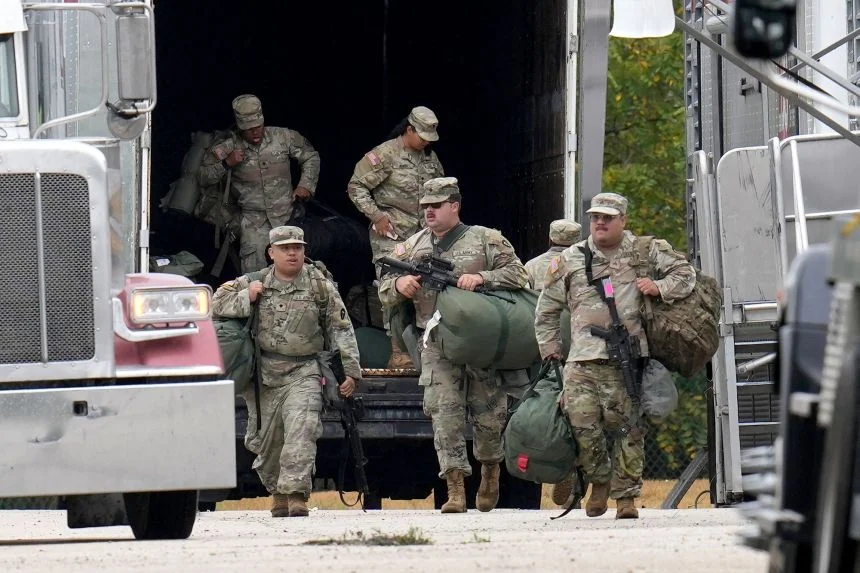On October 8, 2025, President Trump demanded jail time for Chicago Mayor Brandon Johnson and Illinois Governor JB Pritzker.
He claims they endanger immigration officers. Thus, he’s sending National Guard troops to Chicago.
Democratic Leaders Resist
Johnson and Pritzker, both Democrats, oppose Trump’s immigration crackdown. Johnson banned federal agents from city property.
Pritzker called the arrests authoritarian. Neither faces criminal charges, despite Trump’s accusations.
Comey Faces Charges
Trump’s rhetoric echoes his targeting of former FBI Director James Comey, charged with false statements. Comey pleaded not guilty.
This marks the first prosecution of a Trump rival, intensifying political tensions.
Troops Head to Chicago
Texas National Guard units are near Chicago, ignoring local objections. Trump deployed troops to Democratic cities like Portland, claiming crime control. However, local officials report minimal unrest.
Protests Stay Peaceful
Chicago and Portland protests against Trump’s policies remain small and non-violent. At an Illinois immigration site, a few demonstrators faced armed officers. No troops had arrived by Wednesday afternoon.
Legal Battles Escalate
Pritzker’s lawsuit to stop the Trump Chicago deployment failed temporarily. Portland’s deployment was blocked. Trump may use an anti-insurrection law to bypass courts, last used in 1992.
Public Rejects Troops
Polls show most Americans oppose military deployments without clear threats. Johnson vowed to stay firm, saying,
“I won’t be intimidated.” Pritzker accused Trump of inciting unrest to justify actions.
Immigration Agenda Drives Conflict
Trump’s mass deportation push includes city raids. Critics see the arrests and deployments as targeting political foes, deepening national divides over immigration policy.
Uncertain Path Ahead
As troops enter Chicago, local-federal tensions soar. Trump’s arrest demands fuel debate, raising stakes for governance and public safety in America’s cities.




















